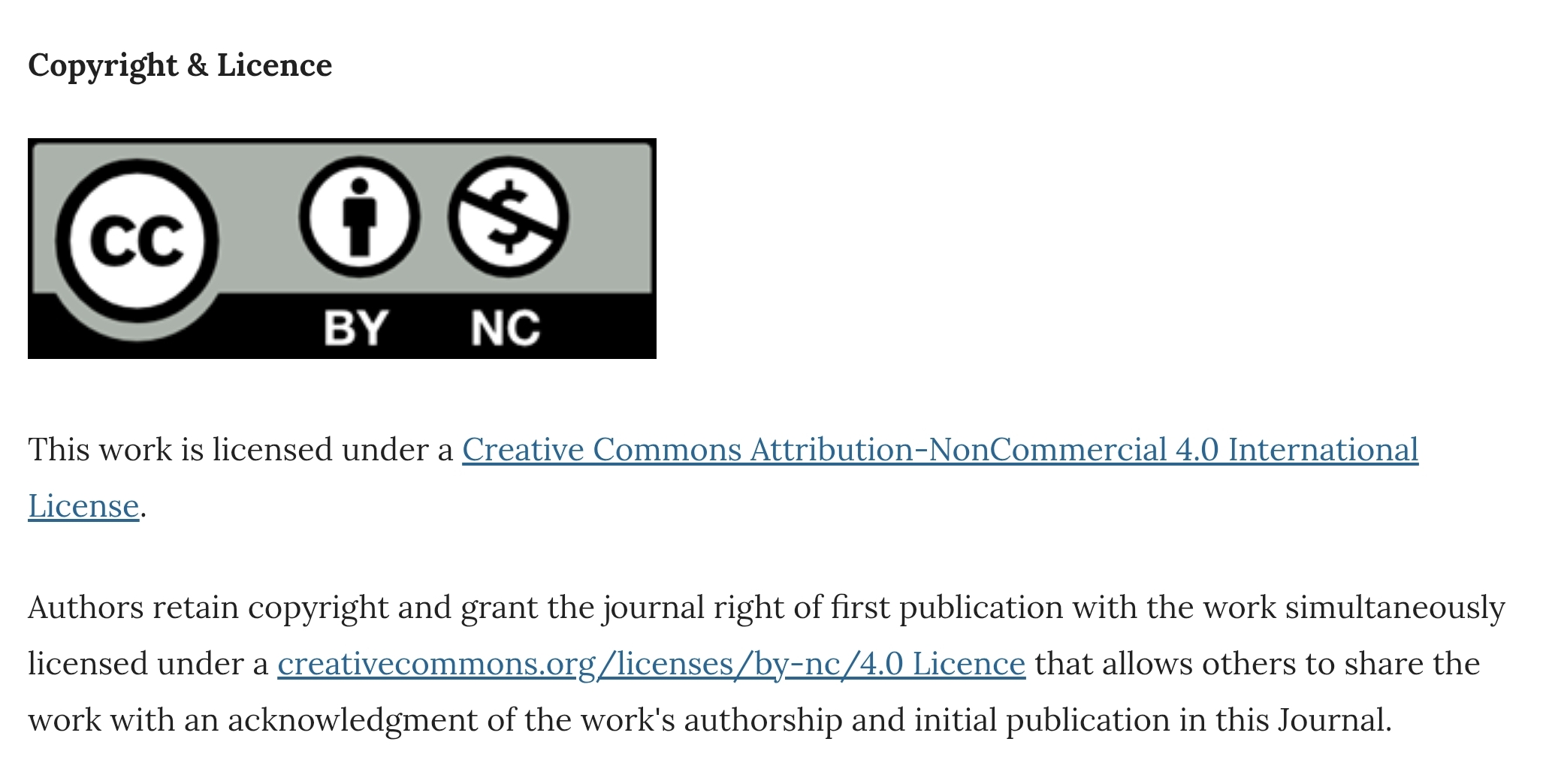Stress and Coping Among Medical Officers in Kerala: A Cross-sectional Study
DOI:
https://doi.org/10.30834/KJP.30.2.2017.133Keywords:
stress, coping, medical officersAbstract
Background: There is strong evidence to suggest that medical practitioners experience high levels of stress and it affects their work performance and quality of medical care. Adaptive and maladaptive coping strategies can influence the extent and severity of stress. However, empirical studies examining stress and coping among medical practitioners are less from Kerala.
Methods: Using a cross-sectional research design, we examined stress and coping among 31 medical officers in Kerala. The participants were recruited during the annual meeting of Kerala Government Medical Officers Association (KGMOA) held at Nilambur. Perceived Stress Scale and Brief Cope Inventory were used to measure their stress and coping. Descriptive and bivariate analysis were used to interpret the data.
Results and Discussions: Participants experienced moderate level of stress. The stress was significantly correlated with denial (r=.646), substance use (r=.667), use of emotional support (r= -.674) use of instrumental support (r= -.612) positive reframing (r= -.510) and planning (r= -.459).
Conclusion: Future studies may examine the predictive validity of the identified coping variables in a large sample. It is highly recommended that stress management and coping skill training programmes be organized for the medical officers in Kerala.
Downloads
References
2. Hassan M, Hussain T, Ahmed SM, Fraz TR, Rehmat Z. Perceived stress and stressors among house officers. Indian J Occup Environ Med 2014; 18(3): 145-9.
3. Association BM. Stress and the medical profession: British Medical Association London; 1992.
4. Rout UR, Rout JK. Stress management for primary health care professionals: Springer Science & Business Media; 2007.
5. Makames RA, Alkoot EM, Al-Mazidi BM, El-Shazly MK, Kamel MI. Sources and expressions of stress among physicians in a general hospital. Alexandria Journal of Medicine 2012; 48(4): 361-6.
6. Bates E. Doctors and their spouses speak: stress in medical practice. Sociology of health & illness 1982; 4(1): 25-39.
7. Williams S, Dale J, Glucksman E, Wellesley A. Senior house officers' work related stressors, psychological distress, and confidence in performing clinical tasks in accident and emergency: a questionnaire study. BMJ 1997; 314(7082): 713.
8. Yusoff M, Jie T, Esa A. Stress, stressors and coping strategies among house officers in a Malaysian hospital. ASEAN Journal of Psychiatry 2011; 12(1): 85-94.
9. Shapiro SL, Shapiro DE, Schwartz GE. Stress management in medical education: a review of the literature. Acad Med 2000; 75(7): 748-59.
10. Folkman S. Stress: appraisal and coping. Encyclopedia of behavioral medicine: Springer; 2013: 1913-5.
11. Folkman S, Lazarus RS. An analysis of coping in a middle-aged community sample. J Health Soc Behav 1980; 219-39.
12. Lazarus RS. Coping theory and research: past, present, and future. Psychosom Med 1993; 55(3): 234-47.
13. Carver CS. You want to measure coping but your protocol’too long: Consider the brief cope. Int J Behav Med 1997; 4(1): 92-100.
14. Post DM, Weddington W. The impact of culture on physician stress and coping. J Natl Med Assoc 1997; 89(9): 585-90.
15. Cohen S, Kamarck T, Mermelstein R. A global measure of perceived stress. J Health Soc Behav 1983: 385-96.
16. Chakraborti A, Ray P, Sanyal D, et al. Assessing perceived stress in medical personnel: in search of an appropriate scale for the Bengali population. Indian J Psychol Med 2013; 35(1): 29.
17. Sadath A, Muralidhar D, Varambally S, Gangadhar B, Jose JP. Do stress and support matter for caring? The role of perceived stress and social support on expressed emotion of carers of persons with first episode psychosis. Asian J Psychiatr 2017; 25: 163-8.
18. Al-Dubai SA, Barua A, Ganasegeran K, Jadoo SA, Rampal KG. Concurrent validity of the Malay version of Perceived Stress Scale (PSS-10). Asian J Psychiatr 2014; 15(1): 8-13.
19. Leung DY, Lam T-h, Chan SS. Three versions of Perceived Stress Scale: validation in a sample of Chinese cardiac patients who smoke. BMC public health 2010; 10(1): 513.
20. Familoni OB. An overview of stress in medical practice. Afr Health Sci 2008; 8(1): 6-7.
21. Amte R, Munta K, Gopal P. Stress levels of critical care doctors in India: A national survey. Indian J Crit Care Med 2015; 19(5): 257-64.
22. Saini N, Agrawal S, Bhasin S, Bhatia M, Sharma A. Prevalence of stress among resident doctors working in Medical Colleges of Delhi. Indian J Public Health 2010; 54(4): 219-23.
23. Bhattacherjee S, Ray K, Kumar Roy J, Mukherjee A, Roy H, Datta S. Job Satisfaction among doctors of a government medical college and hospital of Eastern India. Nepal J Epidemiol. 2016; 6(3): 596-602.
24. Nabae K. The health care system in Kerala: its past accomplishments and new challenges. Journal of the National Institute of Public Health 2003; 52(2): 140-5.
25. Houston BK. Viability of coping strategies, denial, and response to stress. J Pers 1973; 41(1): 50-8.
26. Sinha R. Chronic Stress, Drug Use, and Vulnerability to Addiction. Ann N Y Acad Sci 2008; 1141: 105-30.
27. Alosaimi FD, Almufleh A, Kazim S, Aladwani B. Stress-coping strategies among medical residents in Saudi Arabia: A cross-sectional national study. Pak J Med Sci 2015; 31(3): 504-9.
28. Vinothkumar M, Arathi A, Joseph M, Nayana P, Jishma E, Sahana U. Coping, perceived stress, and job satisfaction among medical interns: The mediating effect of mindfulness. Ind Psychiatry J 2016; 25(2): 195-201.
29. Boran A, Shawaheen M, Khader Y, Amarin Z, Hill Rice V. Work-related stress among health professionals in northern Jordan. Occup Med (Lond) 2012; 62(2): 145-7.
30. Rashid I, Talib P. Occupational Stress and Coping Styles among Doctors: Role of Demographic and Environment Variables. Vision 2015; 19(3): 263-75.
Downloads
Published
How to Cite
Issue
Section
License
Copyright (c) 2018 Kerala Journal of Psychiatry

This work is licensed under a Creative Commons Attribution-NonCommercial 4.0 International License.











